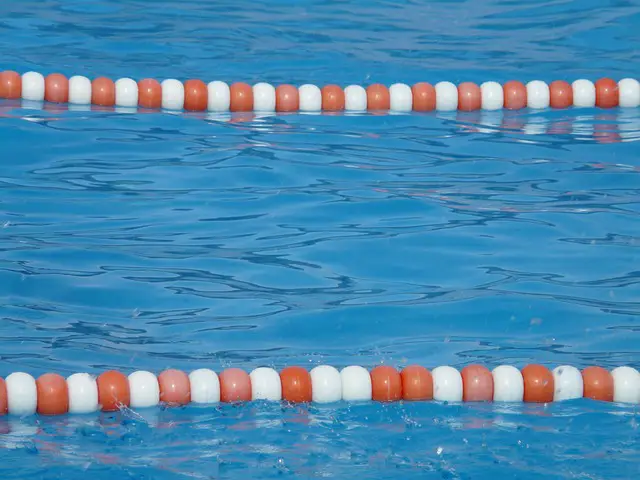For frog owners, the question of whether chlorine can be used to kill frogs may have crossed your mind. After all, chlorine is a powerful chemical often used in swimming pools and other water sources to keep them free from bacteria and algae. But just how safe is it for frogs? Let’s find out.
Will chlorine kill frogs?
The short answer is that chlorine can be deadly to frogs if they are exposed to it in high concentrations.
Chlorine has been shown to dehydrate the skin of frogs, leading to stress, illness, and, ultimately, death if not addressed quickly enough.
It can also damage the delicate mucous membranes that help protect their bodies from infection.
In addition, chlorine can irritatefrogs’e eyes and respiratory systems, causing respiratory distress or even pneumonia.
Chlorine and frogs
Chlorine is a common chemical used to disinfect swimming pools and other water sources; however, it can be toxic to aquatic life and frogs.
The toxicity of chlorine depends on its concentration. If the chlorine levels are too high, frogs will begin to experience respiratory problems and eventually die.
Although some frogs may survive small doses of chlorine as adults, when tadpoles are exposed to chlorine,e they usually do not survive, making it especially dangerous for frog species that rely on these stages in their development.
Therefore, it’s essential to ensure that swimming pools or other aquatic spaces where frogs live are kept at a safe level of chlorine if you want them to thrive in your environment.
Using chlorine with frogs
When using chlorine with frogs, it’s essential to pay attention to chlorine concentration levels in the water.
Generally speaking, experts recommend keeping levels below 1ppm (parts per million), as higher concentrations can cause serious health problems for your frog friends.
It’s also important to monitor pH levels closely; an overly acidic environment caused by too much chlorine in the water can make it difficult for your frog to absorb nutrients properly.
Finally, it’s important to remember that every species of frog has different sensitivities when it comes to chlorinated water.
Some species may be more susceptible than others; constantly research potential new additions carefully before introducing them into a chlorinated environment.
Will swimming pool water with chlorine harm frogs?
Swimming pool water with chlorine can pose a severe threat to frogs since the environment in swimming pools is not suitable for them.
The chlorine can be toxic, especially if the frog contacts it for a prolonged period. Too much exposure can result in skin irritation and blisters, so it’s best to be cautious if you have a frog near your pool.
If necessary, create a safe area within the premises of the pool where the creature can feel secure and away from direct contact with the water.
It’s also important to regularly monitor the pH levels of your pool to ensure that they arewell-balancedd and don’t interfere with the health of any outside animals.
How to keep frogs away from my pool
Keeping frogs away from your pool is essential, both for your family’s safety and the frogs’ health.
Frogs may accidentally jump into the poo,l where they cannot get out, ultimately leading to their death. So to create a frog-free environment around your pool, there are two approaches you can try: mechanical and chemical.
For chemical prevention methods, use mosquito repellent with DEET around the perimeter of the pool area.
For mechanical methods, check for any openings or crevices near the pool where frogs can enter, such as small holes under decks or broken window screens. You can also install a physical barrier at least one meter from around the pool.
Keep sunlight away from below it since warmth may attract frogs and other creatures. Implementing these strategies should enable an effective solution for keeping swimming pools safe and frog-free.
Conclusion
To sum up, while chlorine can undoubtedly help keeps your pond or aquarium clean and free from bacteria and algae, it should always be done with caution when you have frogs present.
Make sure you research each species carefully before introducing them into a chlorinated environment—it could mean the difference between a healthy frog and one that becomes ill due to an unsafe environment.
With careful monitoring and regulation of chlorine concentrations and pH levels, you can ensure that your frog friends stay healthy and happy for many years!




